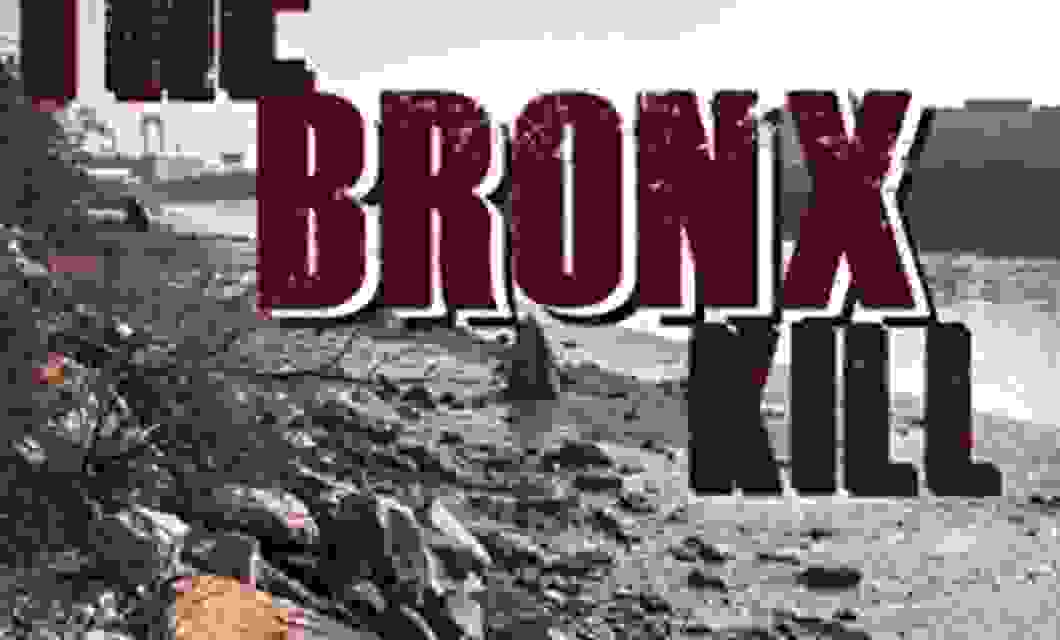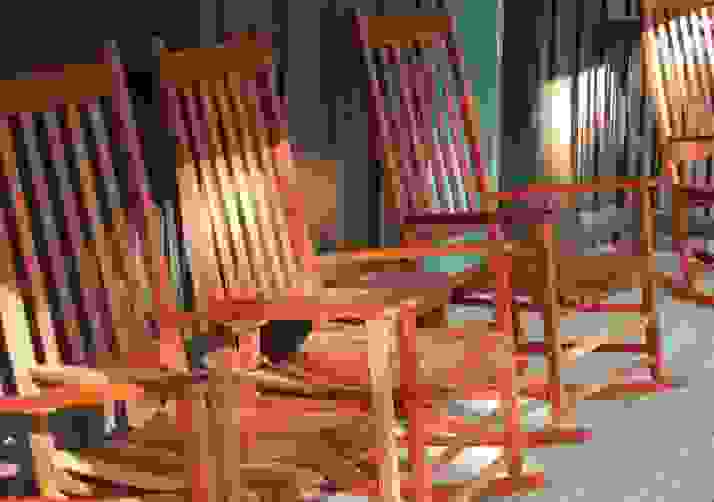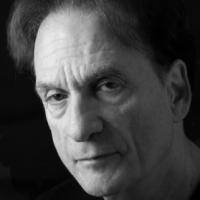An excerpt from the Novel by Philip Cioffari
Prologue
August, 1998
Four of them, stripped to their shorts, stood on the riverbank, eyes fixed across
Hell Gate at the lights of Queens.
This had been Charlie’s idea. Let’s swim it.
No one protested. Not Johnny or Danny. Not even Mooney, the weakest swimmer
among them. No one dared.
No sweat, Charlie said. Can’t be more than half a mile. Can’t be.
Across the river the lights flared, spur-like, diffused, beyond the roiling
currents.
Tonight it’s ours. They had tried before and failed. But that didn’t matter. Not
this night. Not for this, what Charlie called the grandest challenge of their youth, the
ultimate test of their manhood. Let’s do it, he said.
They’d been drinking and their bodies leaned tentatively toward the water.
Uncertain. Unsteady. Charlie with the broadest shoulders, the biggest build, the others
thin pale shadows of him.
Above them the rush of cars on the bridge lifted into the night like a primal chant.
Come on.
Come on.
Come on.
Charlie stumbled forward, he was no pansy, feet slipping on wet rocks, arms
swinging in broken circles, propeller-like, powering him into the waist-deep water at the
river’s edge.
Johnny followed quickly, then Danny, mud sucking at their feet. Only Mooney
hesitated, watching from the shoreline.
Come on, Charlie shouted. Prove you got some balls. Prove it.
Mooney shook like he was cold. Thin flat chest, flat belly, thin arms and
legs—bird-like, delicate—his face tinged with a blush of shame but his body white as
bone.
Come on! Charlie said again, this time Johnny and Danny joining in. Three voices
shouting: come on, come on, come on.
Charlie came out of the water, talking under his breath to Mooney, jabbing at his
face, his chest, his arms. Softly at first, almost playful. Then harder, harder. Grabbing
him and lifting him, turning sharply as though he might fling him into the water.
Mooney slipped free. He hung back on the bank, shoulders hunched in apology.
Then the girl appeared. Out of nowhere, it seemed. Stepping from the shadow of the
bridge. Sun-bleached hair blown back in the breeze, her smile an arc of whiteness in her
deeply tanned face. She had a slow, easy way of walking, an offhand way of saying, I’m
coming, too. No chance they wouldn’t go now. No chance any of them would chicken
out.
They watched her—Mooney less intently than the others: he’d seen her naked
before—as she lifted her halter top, unzipped her shorts. In her bra and panties, she
stood on the bank, unflinching under their scrutiny, before entering the water, striking
out for the far shore.
Charlie leading the way, the three of them surrounded Mooney then, shouting
Timmy Timmy Timmy, pulling at his thin arms, dragging him into the water.
Nobody swam in this river. Too dirty. Too dangerous. Too rife with chemicals,
disease. Too subject to strong and unpredictable currents. As rough at times as Hell Gate
to the south. At night the ship traffic couldn’t see you. You were flotsam, debris tossing
in the waves.
But Charlie plunged ahead, swimming hard to overtake the girl, Johnny following
close behind, then Danny, and Mooney dead last.
The water’s black grip felt colder than Danny, the youngest of them, expected this
time of year; slick and oily, it yanked him downward. When he fought his way to the
surface, coughing, spitting through gritted teeth, he turned to be sure Mooney was
following—and he was, arms flailing, feet kicking hard, an awkward but determined
pantomime of a swimmer. The others, ahead of Danny, were already nothing more than
dark blurs on the water, marked now and again, brief silver flashes.
Danny got his bearings then and swam harder, gaining on the others because he
knew without thinking it this test of their manhood involved not only making it to the
other side but making it there first. It was as much now about her as it was about proving
himself to the guys.
Fifty feet from shore the current began to strengthen. He stopped to rest, treading
water, gulping mouthfuls of air, watching the pinpoint of a ship’s light gliding by on the
river, watching the shoreline glide by too as he drifted southward. Then he was
swimming hard again, fighting the current, trying to make up lost ground.
What happened next happened without warning. A wave from the passing ship
swamped him. When he re-surfaced, spitting the sour-tasting water, eyes tearing,
thinking we’re all going to die out here, he saw Charlie swimming back toward him,
heading for shore.
Too rough, Charlie shouted. We can’t make it.
Then Charlie was past him, head down, doing the flawless overhand stroke he’d
won medals for. Johnny was close behind, swimming in his wake, face tight with strain
as he too headed back.
I can make it, Danny thought. We’re almost a third of the way and I can make it. I
can. I can. No longer could he see any trace of the girl, Julianne—he was in pursuit of the
idea of her, his fantasy of her—so he began swimming again, riding the ship’s waves
which were less severe now, small rounded hills of water breaking over him.
In a matter of moments, though, he saw Charlie was right. The current swiped
him from all sides, held him captive, dragged him southward toward the bridge. It
took all his effort to break free, to spring from its grip, to point himself toward shore
where they’d left their clothes.
That was when he saw Mooney coming toward him, arms flailing, feet sending
back fantails of spray as he labored into the current.
You won’t make it, Danny shouted.
Mooney kept swimming his awkward, blundering stroke. Danny reached out
to stop him, grabbing at his shoulders, his neck, the water rising in furious waves around
them, everything—Mooney’s slick skin, Danny’s clawing hands, the stinging burn in his
eyes, his throat—all of it inseparable from the river’s raging assault; and then Danny
stopped reaching for him, slowly backing away from him as the dark water swirled
between them.
Treading water, his heart pounding so hard he gasped for breath, Danny watched
him struggle to stay above water. He kept his head turned toward Danny. He seemed to
be waiting for something. The look in his eyes said that.
Before he began swimming again, Mooney’s face lifted above the river. He was
grinning, or so it appeared, his mouth twisted in an odd, unexplainable way as he leaned
back into the current.
The Bronx Kill is available here.





